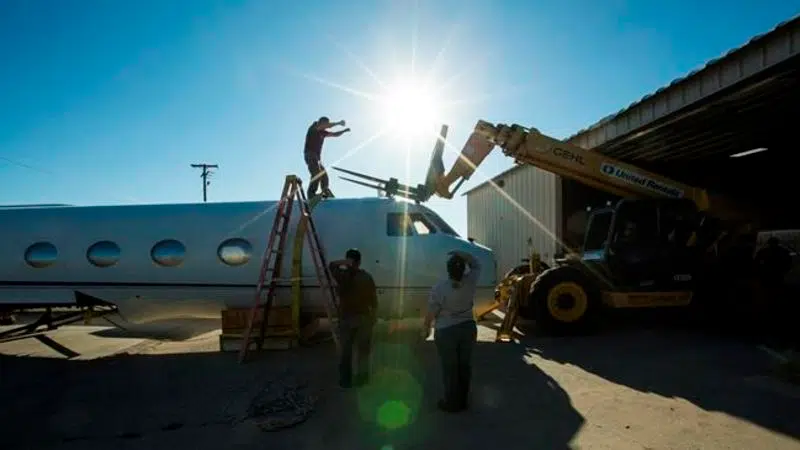
Questions mount around Las Cruces film set purchase
LAS CRUCES, N.M. — Movie sets are essential for producing dramatic films, but are those sets themselves works of art?
That’s how the city resolved a months-long internal investigation last year into whether a $20,000 purchase of film sets by the city, for the use of non-profit organization Film Las Cruces, violated city procurement policies.
The story of the film sets, where they ended up and who is using them — as told in public documents, archived video and interviews — is in part a story about a municipal government straining to keep pace with the rapid decisions of the commercial film industry.
It is also part of a larger story about efforts to build local capacity and attract film and television production to New Mexico’s second-largest city.


